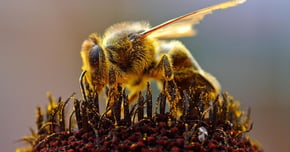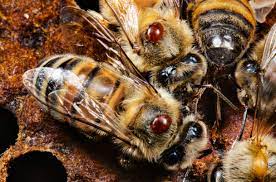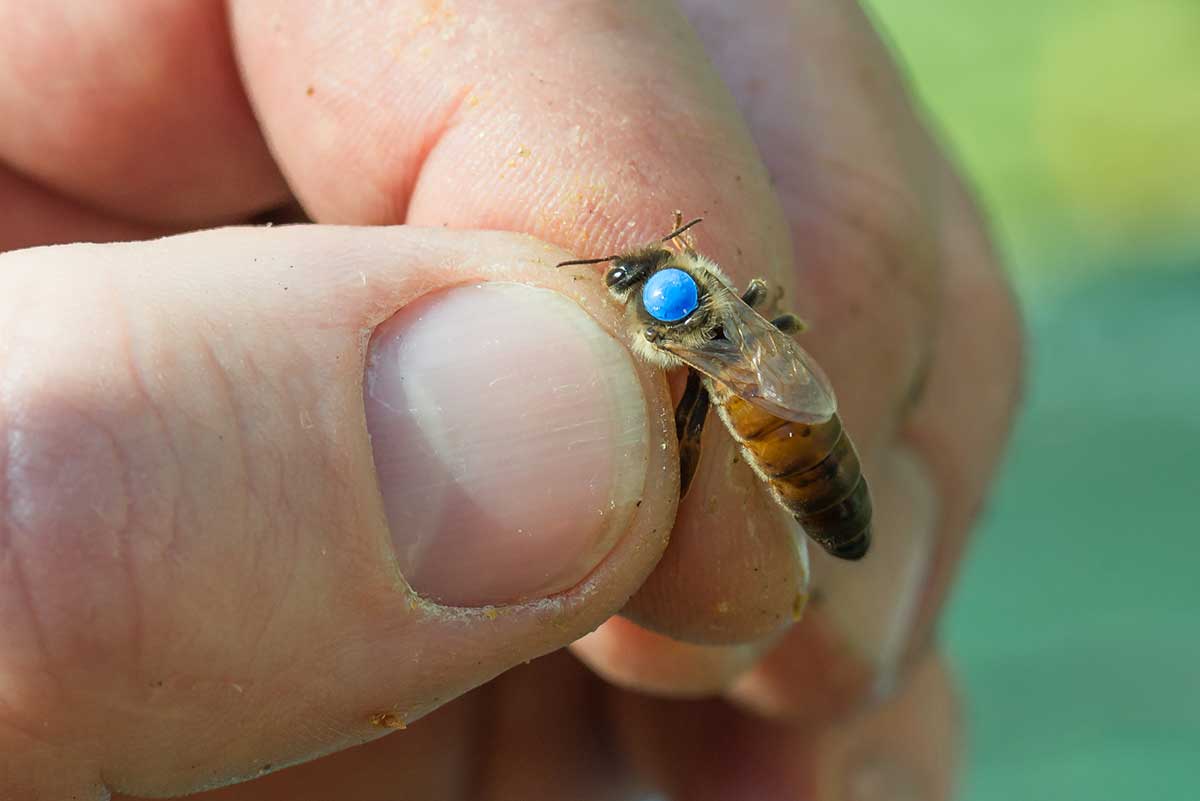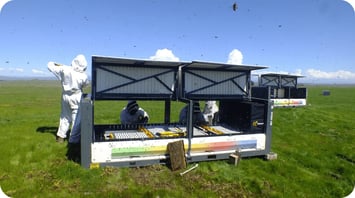As we say hello to a new year, we’ve been reflecting on 2023, which we believe was a pivotal year for the beekeeping industry. From groundbreaking advancements in honeybee health to a new legislative measure to protect pollinators, the industry experienced a mix of challenges and triumphs. In this blog post, we'll delve into the top stories that shaped the world of beekeeping and discuss their significance, particularly for commercial beekeepers.
1. Dalan's Bee Vaccine Hits the Market

This year, Dalan Animal Health developed the world's first vaccine against American Foulbrood (AFB), marking a turning point for honeybee health worldwide. AFB has long posed a threat to the health of honeybee colonies globally. The vaccine technology works by exposing the queen bees to inactive bacteria, allowing the hive's larvae to then develop with a resistance to infection.
Why It Matters
With Dalan's vaccine now on the market, beekeepers have a powerful tool to protect their colonies from this destructive disease, safeguarding both bees and the agricultural systems they support.
2. New California Law Restricting Bee-Toxic Pesticides

In October, California joined a growing number of states taking a stand against bee-toxic pesticides with the enactment of CA AB 363. The Pollinator Protection Act imposes restrictions on over-the-counter sales of neonicotinoid pesticides, a significant threat to bee, butterfly, and bird populations when the pesticides seep into soil and pollen. By 2025, the law aims to eliminate the use of these pesticides in consumer lawn and garden applications. The ban does not apply to their usage in commercial agricultural by state-certified professionals.
Why It Matters
Supporters of the legislation say the bill is a vital step for progress towards the preservation of pollinator health and the ecosystems they sustain. Bees are responsible for pollinating one out of every three bites of food we eat, and exposure to these pesticides has been shown to lead to colony stress, or even colony collapse.
3. Mite Treatment Chemicals Become Increasingly Scarce

2023 brought increased enforcement of the distribution of certain pesticides used to chemically treat mites. In March, a couple pleaded guilty to smuggling $2 million worth of insecticides from Mexico, including Taktic and Bovitraz, into the United States. These insecticides contain amitraz in a concentration higher than what it legally permitted in the US. Many beekeepers have come to rely on these products, even though, unfortunately, mites can become increasingly resistant to them. This causes beekeepers to use larger and larger amounts, which can disrupt honey production.
Why It Matters
The varroa mite is the most serious pest for honeybee colonies worldwide. Beekeepers face tough choices when it comes to finding effective treatment due to scarcity and decreased efficacy of current chemical options. At Beewise, we use a chemical-free, heat treatment to fight off varroa mites. Our AI and robotics powered BeeHome model includes a heat chamber, designed specifically to effectively kill mites in capped brood while eliminating the challenges that beekeepers have historically faced with heat treatment.
4. Consumer Demand for Honey Continues to Surge

In 2023, Honey maintained its status as a sought-after culinary delight for many consumers, ranking No. 3 on the 2023 Winter Fancy Food Show’s Trendspotter Panel Top 10 List. Hot honey emerged as a particularly popular trend, with 55% of consumers expressing interest and 60% eager to experience the unique blend of sweetness and spice this year. Monin, a top flavoring manufacturer, even named hot honey as the 2023 Flavor of the Year.
Why It Matters
For commercial beekeepers, this trend signals not only a growing market but also an opportunity to diversify honey products and cater to evolving consumer preferences.
In Conclusion
As we reflect on the events that shaped the beekeeping landscape in 2023, it's evident that bees and beekeepers play a vital role in our global food supply. From scientific breakthroughs to legislative action, each story highlights a collective effort to ensure the well-being of honeybees and the sustainability of our food systems.
At Beewise, our mission is to save bees to feed the world. Going into 2024, let's continue to work together to build a future where bees thrive. Whether you are a beekeeper looking to improve the health of your hives, a grower looking to secure superior pollination powered by robotics & AI, or a corporation looking to explore a bee-related sustainability initiative, contact us today.

.jpg?width=355&height=199&name=DSC00415%20(1).jpg)


.png?width=355&height=199&name=Copy%20of%20The%20Evolution%20of%20Pollination%20(1).png)
Product Marketing Manager at Beewise
Leave comment